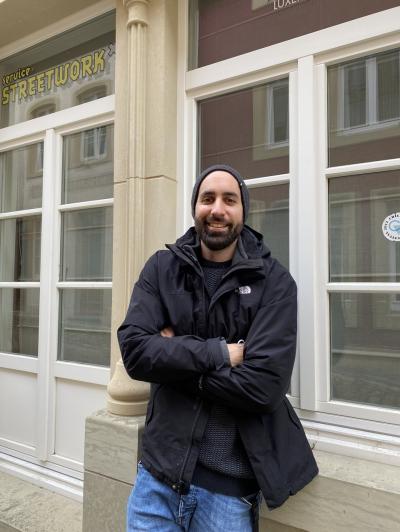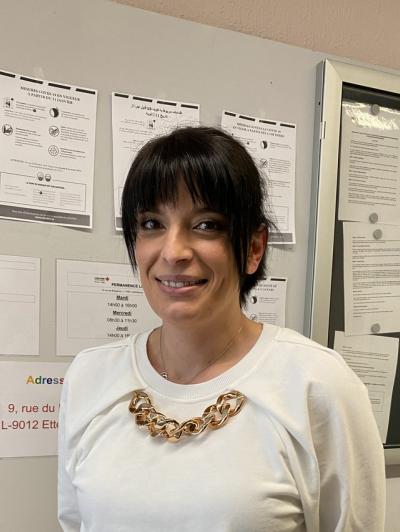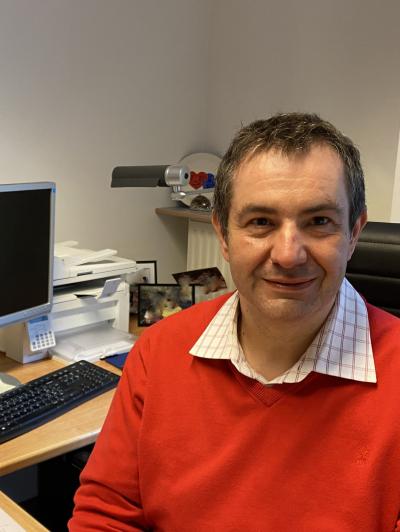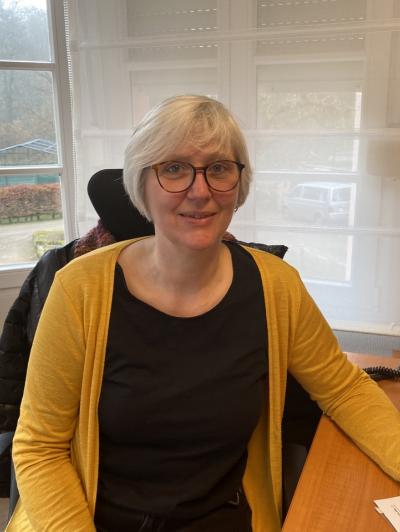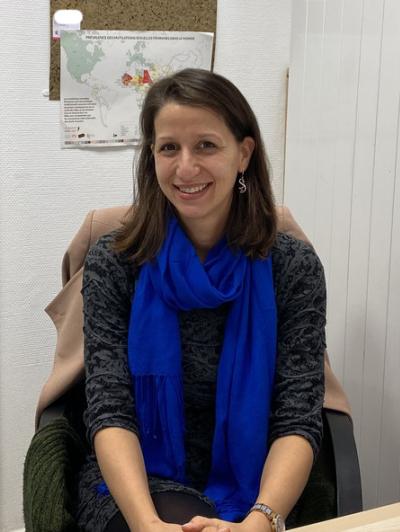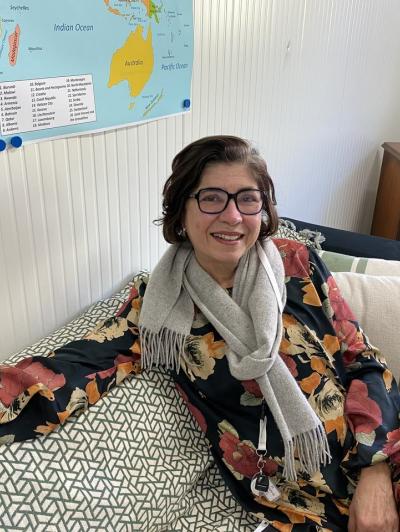Lila Slimani - Respect and modesty
Thursday 10 December 2020
Lila Slimani, psychologist, works in 7 refugee shelters of Caritas Luxembourg.
Do you manage to follow so many refugees?
Yes, it's a lot. There are many applicants for international protection in our shelters who are suffering psychologically, especially now with Covid-19. They are in an uncertain "standby" situation and often experience it as interminable agony. That said, many of them, especially those who have been able to prepare their departure, still find resources within themselves to continue. Others find energy in their community, such as the Eritreans, who help each other a lot, even if in these times of distancing, this is no longer as possible as it used to be. It is mainly those who have had to leave their country in an urgent situation, leaving everything behind them from one moment to the next, who are psychologically the most vulnerable and the less resistant to hazards, such as the Coronavirus. Another population that is suffering a lot at the moment from the sanitary crisis are unaccompanied minors. They find themselves even more alone, not only far from their families, but also far from young people of their age. For all of them, the pandemic accentuates the feeling of loneliness.
How do you work in general?
The social workers keep me informed of every major event in the lives of the refugees we accompany, for example, if they have obtained their papers or if their application has been rejected. I know then that I have to intervene, quickly for those who have been rejected, usually after three weeks for those who have received their papers. The latter find themselves after the euphoria of obtaining their papers unfortunately in another reality because they have just broken with their previous life forever. Generally speaking, I try to meet them "by chance" in the shelter and start a first discussion with them to get an idea of their discomfort. That's why it's important for me to be part of the landscape of the shelter, that they see me regularly in the corridors, etc... If they need and want to do so, an appointment will be made.
Have you changed the way you work with Covid-19?
Of course, all this is not so obvious now with the sanitary crisis. For people I've been following for some time, I've switched to teleconsultation. For new people who need it, and especially for emergencies, I can come to the shelters in strict compliance with sanitary measures. In all three cases, it is important to be available by telephone at all times.
Are there any factors to consider when working with refugees?
Yes, first of all, the refugees who arrive in our shelters have generally been in Luxembourg for some time and have sometimes been in two shelters before being referred to the Caritas shelters, which are "3rd phase" shelters. The problems are not the same in a first reception shelter as in a "3rd phase" shelter and therefore the symptomatology of psychological suffering is different. Moreover, the latter is often expressed somatically (stomach aches, headaches, palpitations, etc.). Our work is also influenced by the fact that we don't always know how long people stay at the shelter and can come to our consultations. Each consultation may be the last we will have with them. We have to keep this in mind. Another factor that plays a big role is the fact that a large part of our consultations with refugees are held with interpreters. Even though interpreters do an excellent job, this impacts the relationship between the psychologist and the patient and we need to recreate the modalities of the therapeutic alliance. Finally, the notion of interculturality should not be underestimated. The people who come to see me have a different culture from mine and the ways in which suffering is expressed are different. There is a set of prerequisites to be put in place so that "the real exchange" can take place. It is important that we really understand each other and that we don't hurt them. That's why I follow a range of specialised training courses in interculturality and I try to keep myself informed about the geopolitical context in which they lived, their religious practices, cultural aspects, etc. Everything is important, but above all respect and modesty.
Linked news
Donate
Your donation is essential to ensure the continuity of Caritas Luxembourg's actions in the service of the poor.
Other donation methods
